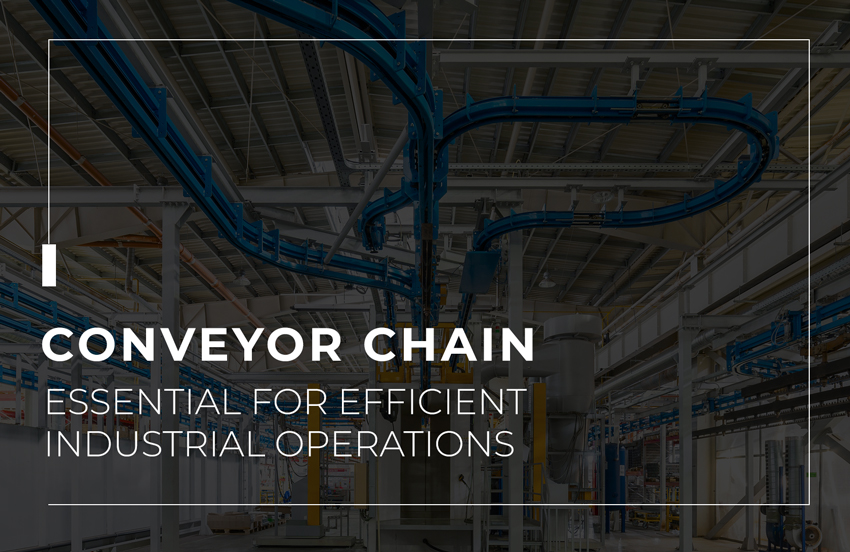What is Adaptability in Supply Chain Management?
Adaptability in supply chain management refers to an organization’s ability to respond effectively and efficiently to changes, disruptions, and uncertainties in the supply chain environment. It is a crucial characteristic that enables companies to thrive in dynamic and volatile business landscapes. Here are some key aspects of adaptability in supply chain management:
Flexibility
An adaptable supply chain can quickly adjust its operations, processes, and resources to accommodate fluctuations in demand, supply, or external factors. This might involve changing production schedules, altering distribution routes, or shifting suppliers as needed.
Resilience
Adaptability also involves building resilience into the supply chain to withstand and recover from disruptions such as natural disasters, geopolitical conflicts, or economic downturns. This might entail redundant sourcing, dual sourcing, or having backup suppliers and logistics providers.
Real-time Visibility
An adaptable supply chain relies on real-time data and analytics to monitor and assess its performance. With accurate and up-to-date information, organizations can make informed decisions and quickly respond to emerging issues or opportunities.
Collaboration
Collaboration with suppliers, customers, and other partners is essential for adaptability. Sharing information and working closely with these stakeholders can help in aligning strategies and coordinating responses to changes in the supply chain.
Technology Integration
Integrating advanced technologies like IoT (Internet of Things), AI (Artificial Intelligence), and blockchain can enhance adaptability by providing greater visibility, predictive insights, and automation capabilities.
Scenario Planning
Supply chain managers often engage in scenario planning to anticipate potential disruptions and develop contingency plans. This proactive approach ensures that the supply chain can adapt swiftly when unforeseen events occur.
Inventory Optimization
Adaptable supply chains balance inventory levels to avoid both shortages and excess inventory costs. They employ strategies like just-in-time (JIT) inventory, safety stock, and demand forecasting to optimize inventory management.
Agile Supply Chain Networks
An adaptable supply chain network is designed to be agile, meaning it can scale up or down based on demand fluctuations. This might involve establishing multiple distribution centers or using 3PL (Third-Party Logistics) providers.
Customer-Centric Approach
An adaptable supply chain puts the customer at the center. It focuses on understanding customer needs and preferences, which helps in tailoring supply chain operations to deliver value and meet customer expectations.
Continuous Improvement
Adaptability is not a one-time effort but an ongoing process. Companies must continually review and refine their supply chain strategies, learn from past experiences, and adapt to evolving market conditions.
In today’s rapidly changing business environment, adaptability in supply chain management is a critical factor in achieving competitive advantage and ensuring long-term success. It enables organizations to not only weather disruptions but also seize opportunities as they arise, ultimately driving greater efficiency, customer satisfaction, and profitability.

Resourceful and innovative Marketing Pro, with 20+ years of progressive experience in the marketing and creative technology industry. Responsible for digital and traditional marketing efforts that promotes brand awareness, increases engagement, and drives revenue.



















